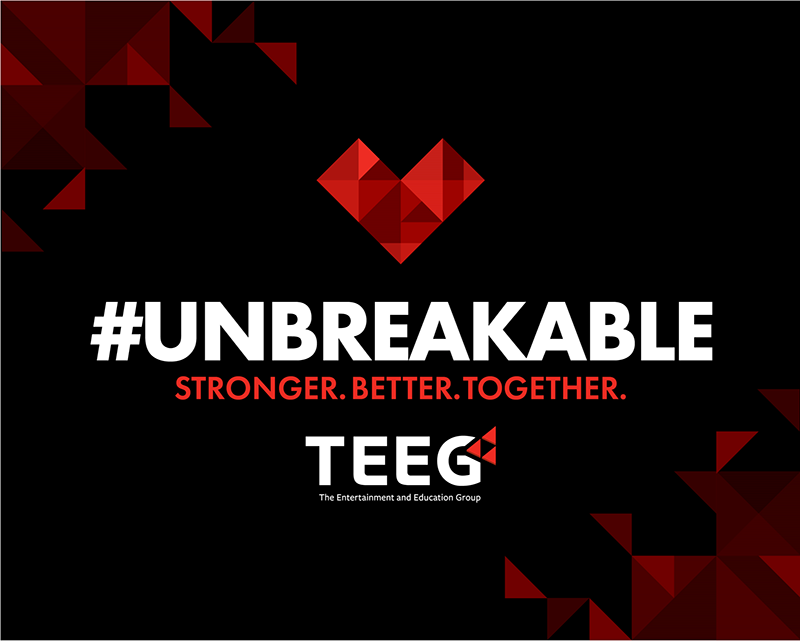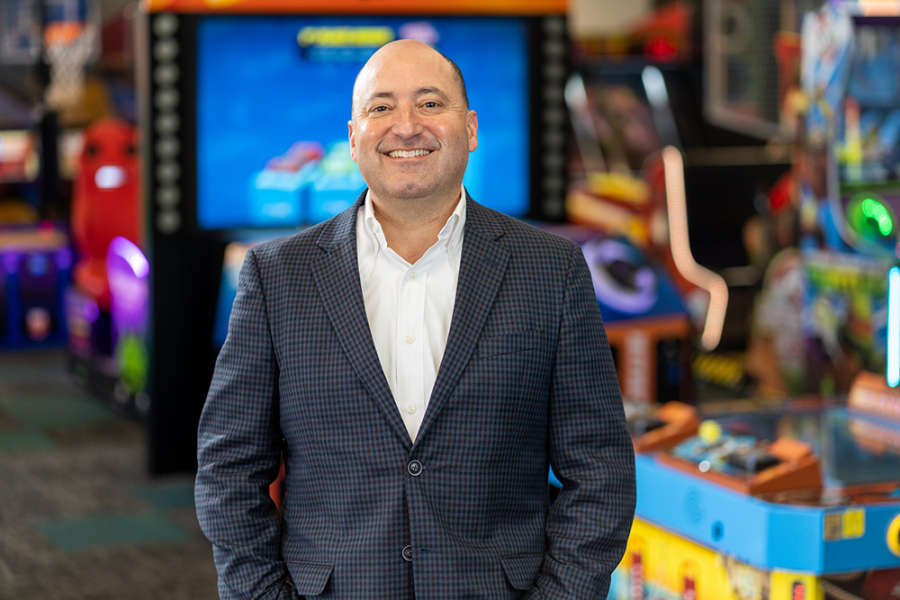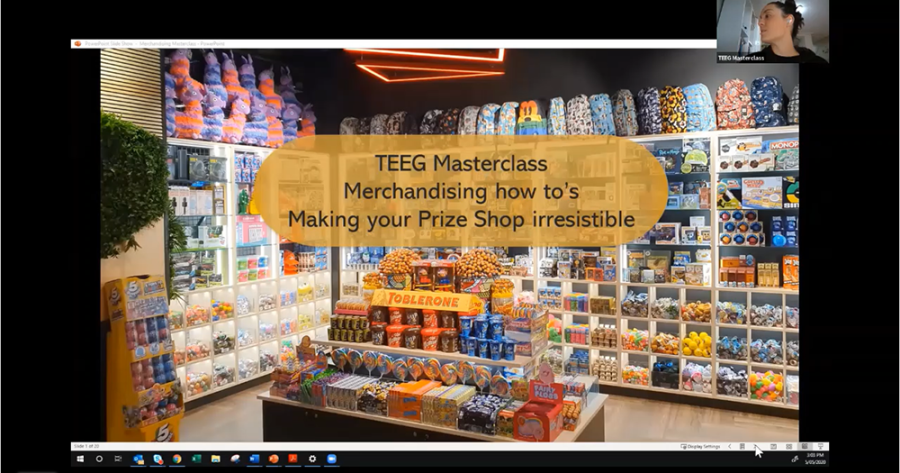How the Pandemic Changed HR
Human resources (HR) has been one of the corporate departments most disrupted by COVID-19. In the past few years, amusement park and attraction HR departments have been working to protect employee and guest health, keep their sites manned during a global staff shortage (resulting in fewer hours being open to the public), and comply with government safety regulations. As HR leaders seek to balance these considerations, how has the pandemic affected their strategies and priorities?
Managing Personnel Flexibly
The combination of unpredictable government restrictions and lockdowns, staff absences due to COVID-19 illnesses, and challenges in hiring new recruits has motivated employers to become much more flexible in their personnel management policies.
The Entertainment and Education Group (TEEG)—which operates Timezone FECs in Australia, New Zealand, Southeast Asia, and India—is a prime example of this adaptability in action.
“We have managed our FunSquad team members to keep their availability as flexible as possible,” says Belinda Falzon, TEEG’s chief operations officer and chief people officer. “When one of our FECs has been significantly impacted by staff shortages, we have brought in employees from other locations.”

Complying with Ever-Changing COVID-19 Regulations
The ever-changing pandemic regulations being issued by government officials have forced HR departments to keep on their toes.
“We have an ongoing internal process in place to always adapt our policies to the government’s rules and regulations,” says Hogne Høstmælingen, general manager of Norway’s Hunderfossen Park. “It has sometimes been complicated to follow them because they impact our physical facilities on issues such as the usable size of our meeting rooms and social distancing on narrow spots within the park.”
For CEC Entertainment—which owns and operates Chuck E. Cheese, Peter Piper Pizza venues, and ghost-kitchen brand Pasqually’s Pizza & Wings—is adjusting its HR policies to keep up with the U.S. Centers for Disease Control and Prevention’s (CDC) guidance.
“Since May 2021, we have updated and issued notification and response protocols to our employees on at least a half dozen occasions, and each time, our employees have been directed to human resources representatives for questions on the ever-changing requirements of the CDC and state and local regulatory bodies,” says Rudy Rodríguez Jr., CEC Entertainment’s executive vice president, chief legal and human resources officer, and corporate secretary. “We recently had to create protocols specific to California, in order to be ready to come into compliance with an amended Emergency Temporary Standard issued by California’s OSHA (Occupational Safety and Health Administration), and that went into effect on Jan. 14, 2022.”

Updating Guest Relations Policies
Around the world, governments enacted COVID-19 safety protocols and then left it up to businesses to enforce them—and sometimes incur customer ire. This was certainly the case for TEEG.
“Guest harassment incidents increased during the pandemic, with our FunSquad required to take on a ‘policing’ of mask-wearing, check-ins, and vaccination status,” Falzon explains.
In response to these unprecedented challenges, TEEG’s HR department developed conflict de-escalation policies and procedures.
“We then held video and online learning courses on ‘How to Deal with Difficult Guests,’ which provided our team the opportunity to learn how to handle guests that did not respond to their requests and what to do in the event a guest interaction becomes risky,” she says.
Recruiting New Hires
The pandemic-driven labor shortage has made it imperative for the attractions industry to find new employees within the constraints of successive COVID-19 waves and social distancing. The fact that these constraints keep changing has compelled employers to keep tweaking their HR hiring procedures.
“In the beginning of the pandemic, we required that all new hires must show us a negative PCR test within 14 days of their start date, plus undergo daily health checks and a COVID questionnaire,” says Charles Juszczak, general manager of The Funplex in East Hanover, New Jersey. “As things started to settle down and the numbers got better, we stopped the daily health checks but still insisted on preemployment COVID testing. Employees were also allowed to not wear masks at work if they were fully vaccinated.”
However, with the introduction of new variants and continually changing health guidelines, flexibility was a must.
“Once the Delta variant came around, we reversed course and had all employees wear masks again, regardless of their vaccination status,” Juszczak says. “At that time, we also instituted a policy that we would only hire people who were fully vaccinated. Hiring only vaccinated people has definitely tightened the labor pool for us, but we feel, in the long run, it will benefit the company and help keep our employees and guests safe.”
Going Online with Training
The pandemic’s social distancing rules spurred the growth of online training, and the industry was no exception to this trend.
“We created and rolled out 180 new learning modules, as well as delivered a suite of masterclass webinars that our Squad could attend,” Falzon says about TEEG’s approach. “In addition, we offered LinkedIn Learning memberships to our FunSquad so they could not only learn from our internally built content, but extend this learning to just-in-time, job-relevant content, developing both hard and soft skills.”

